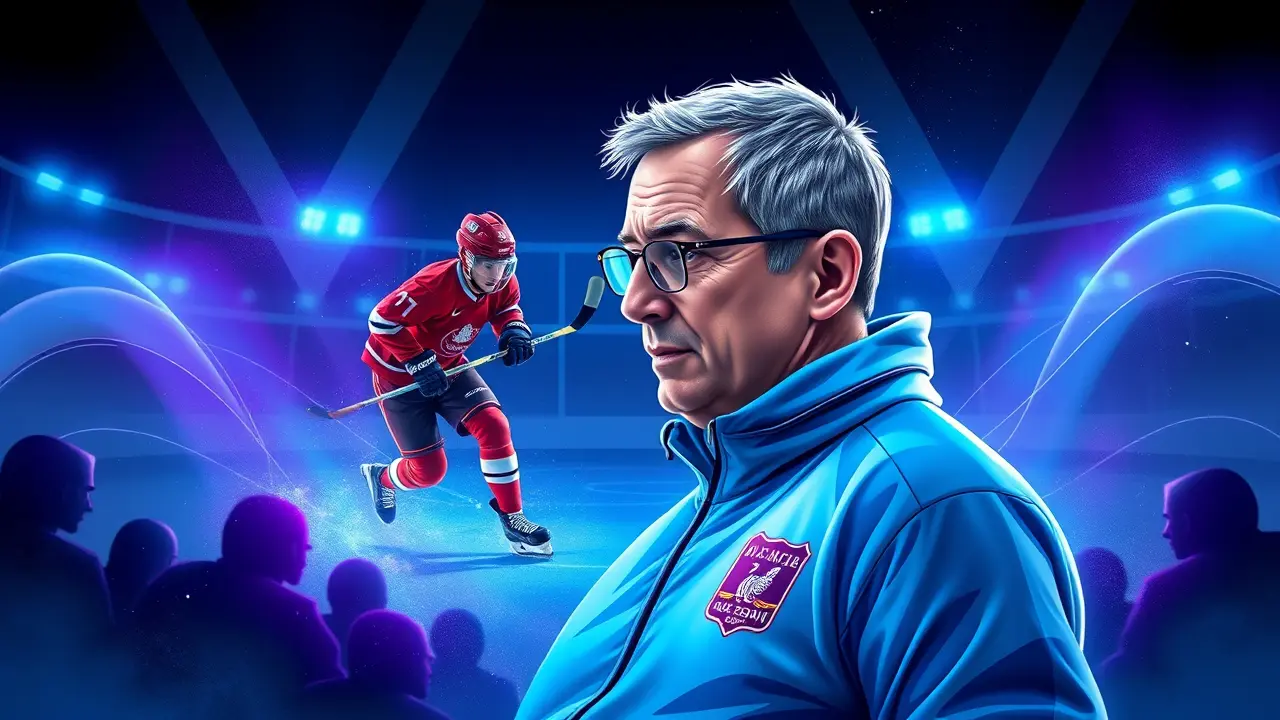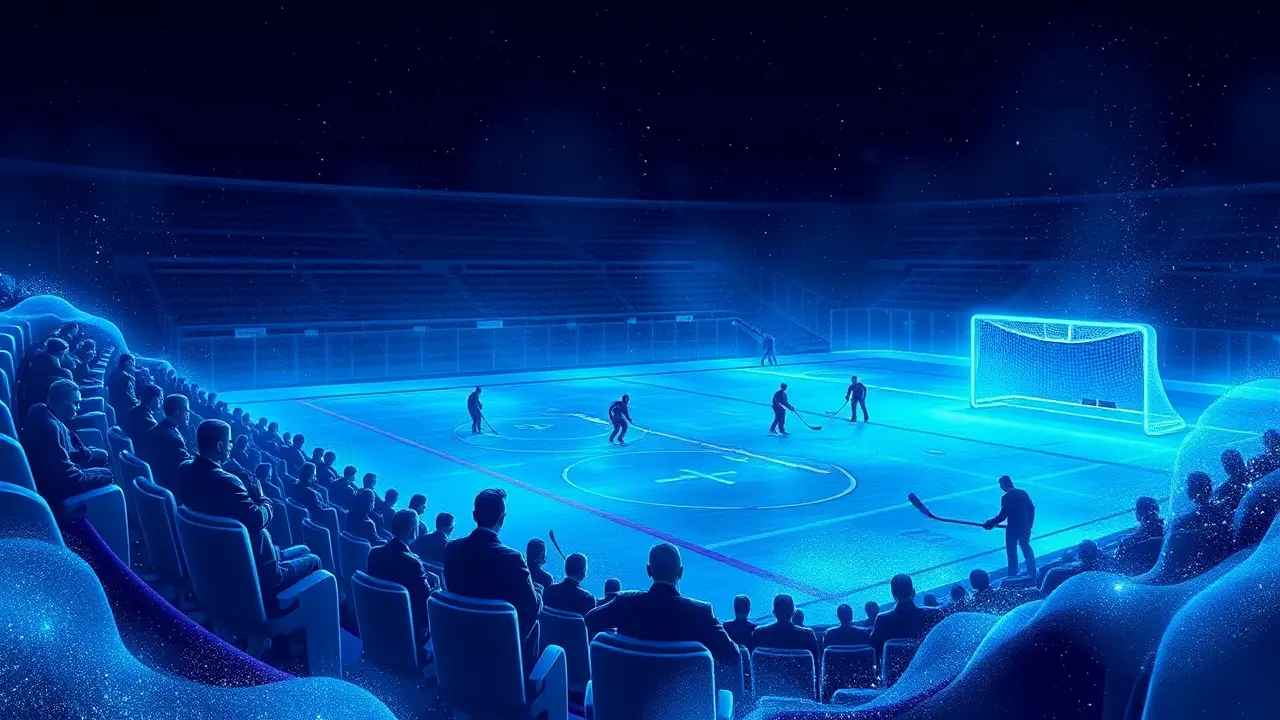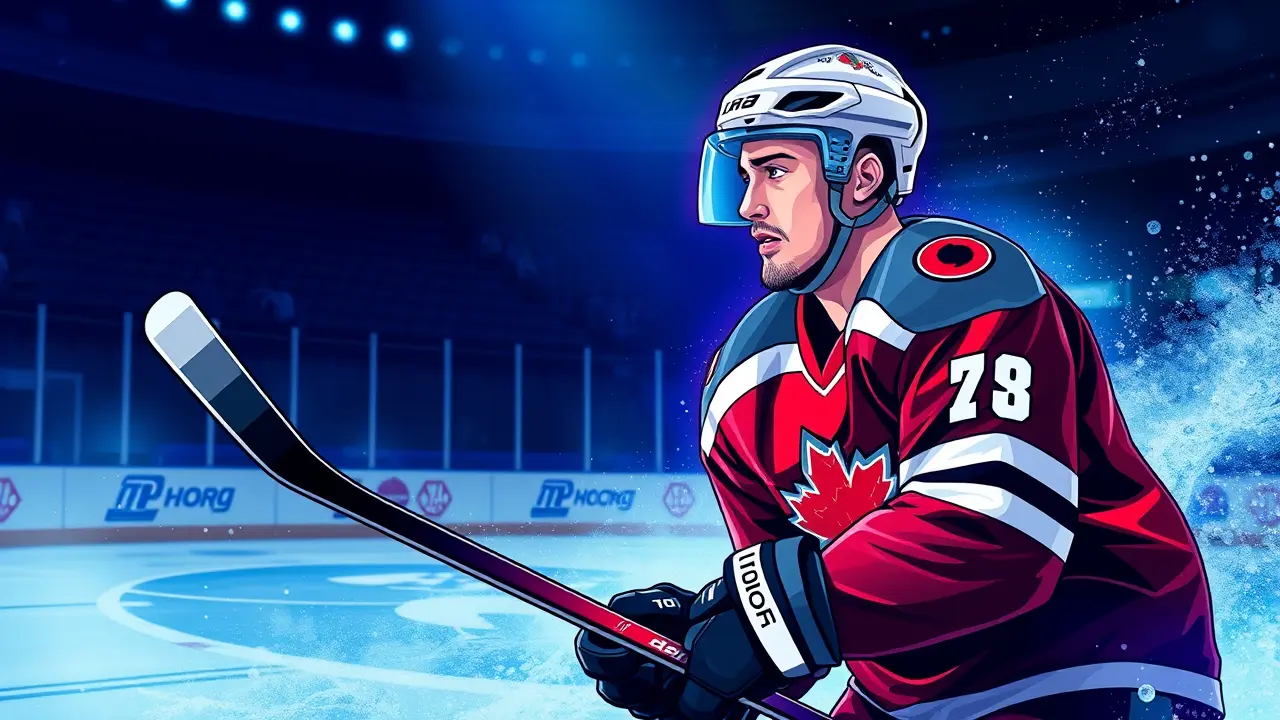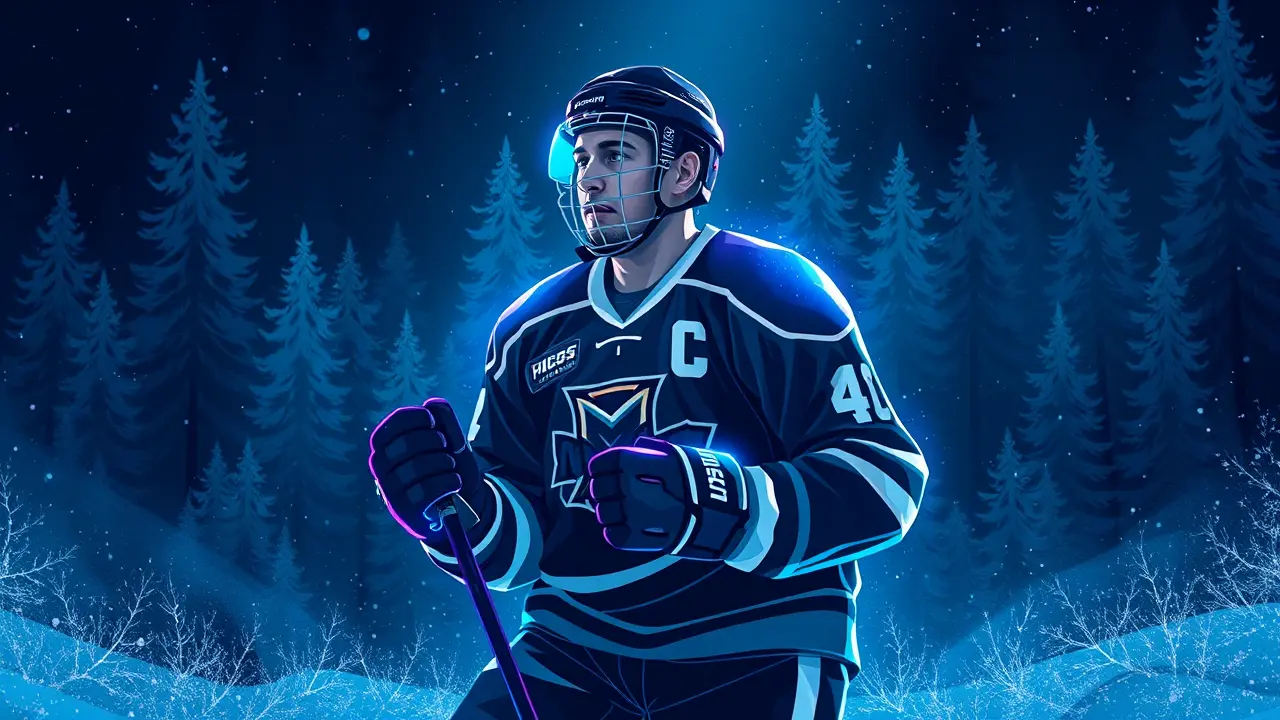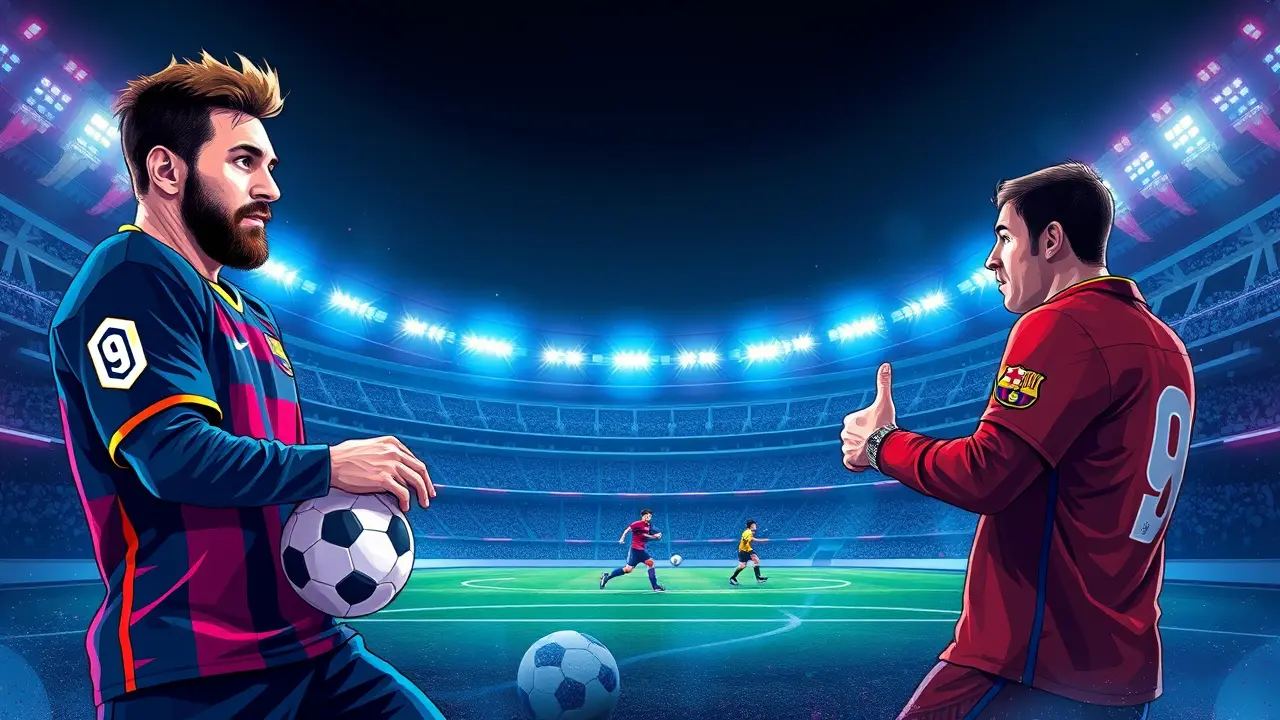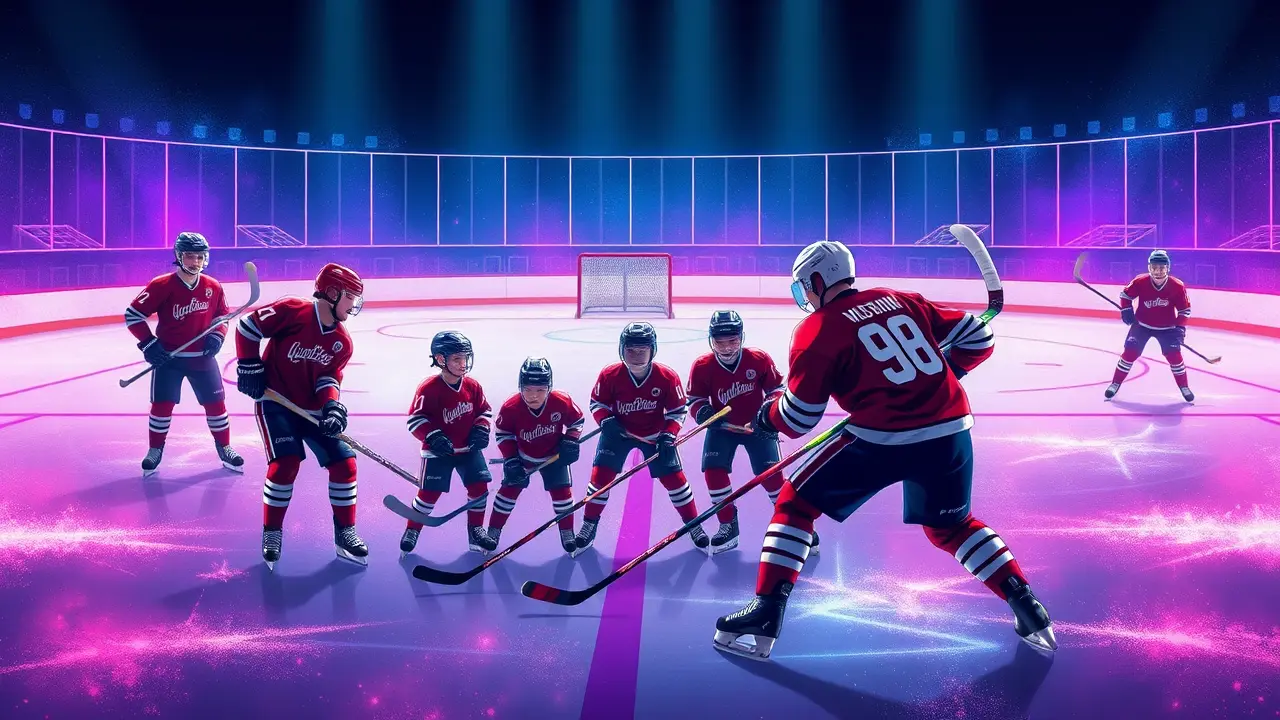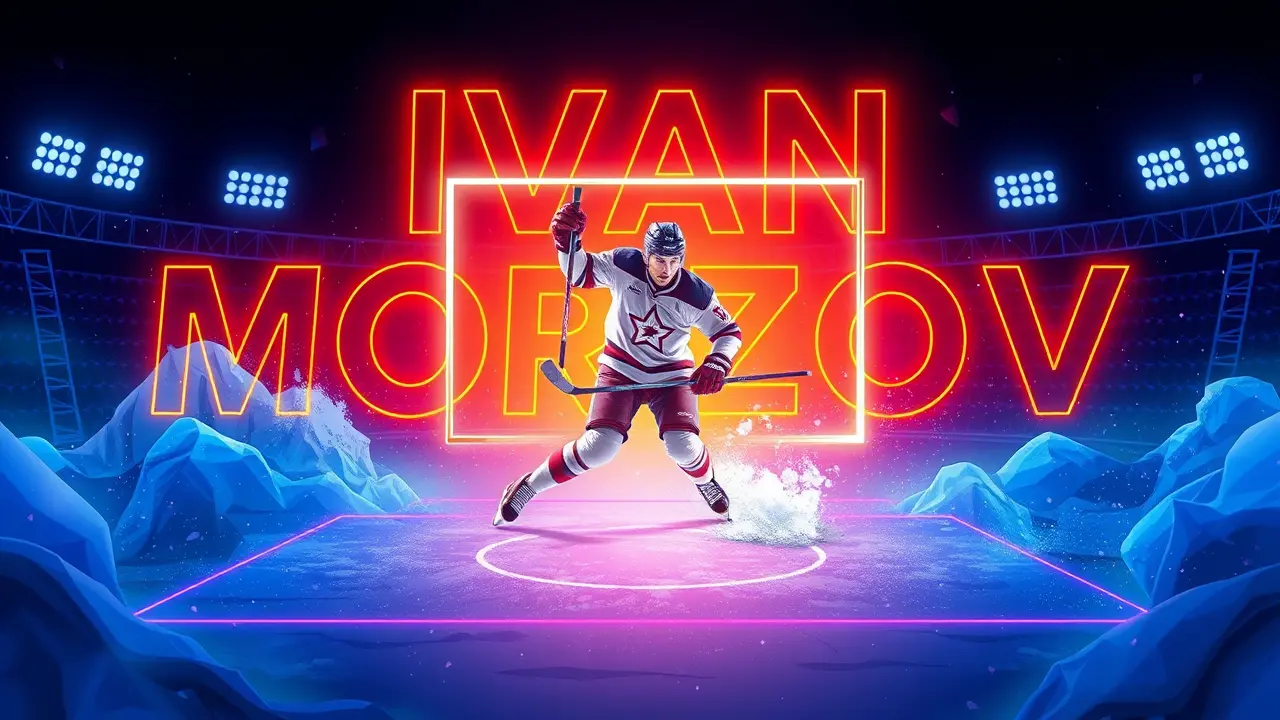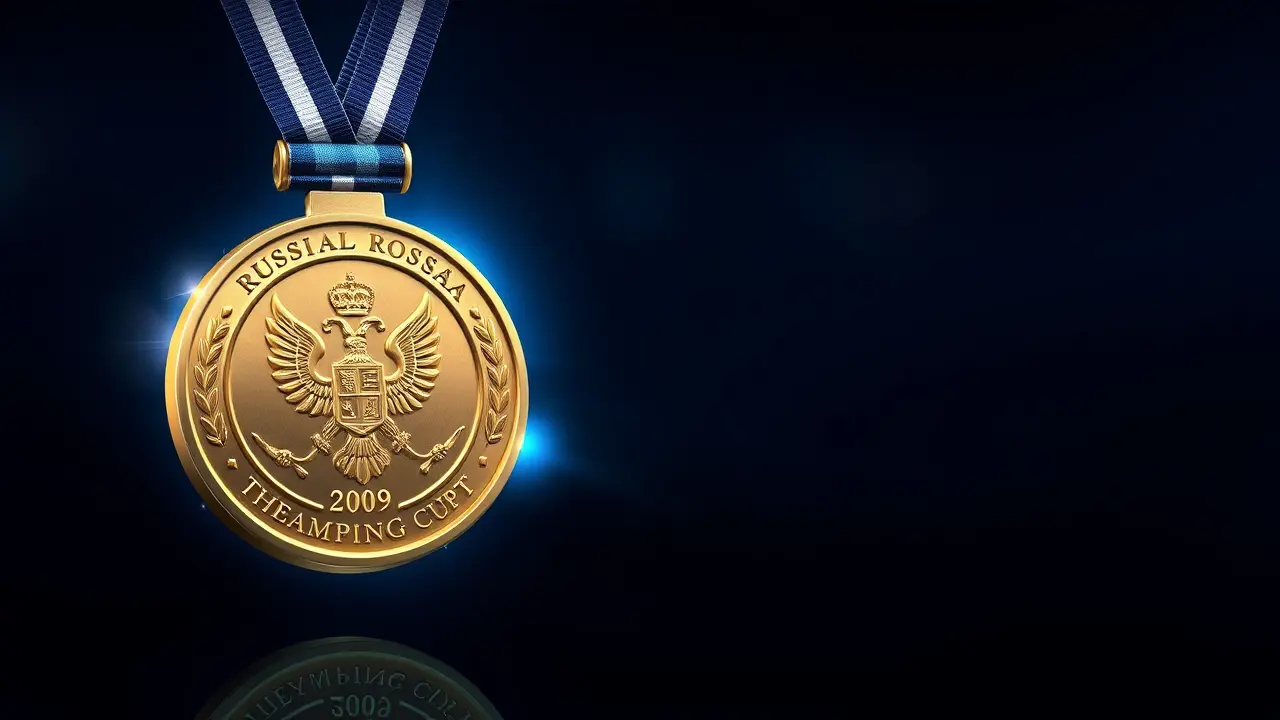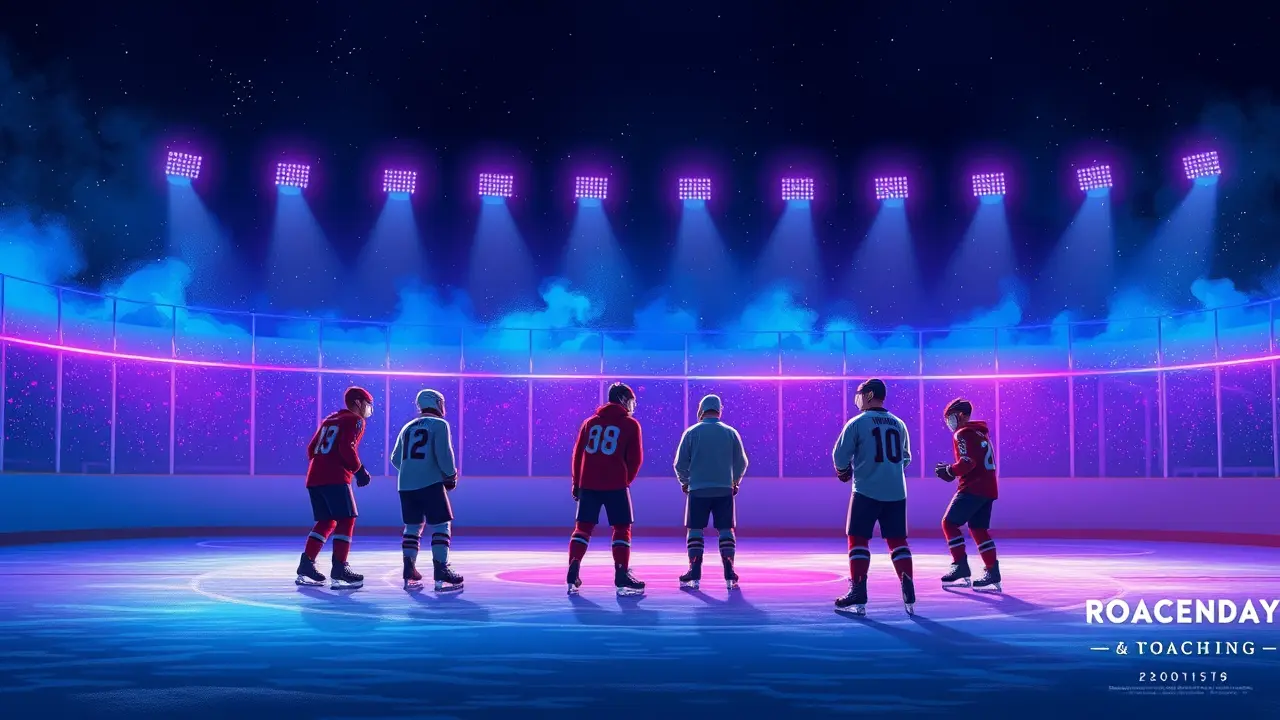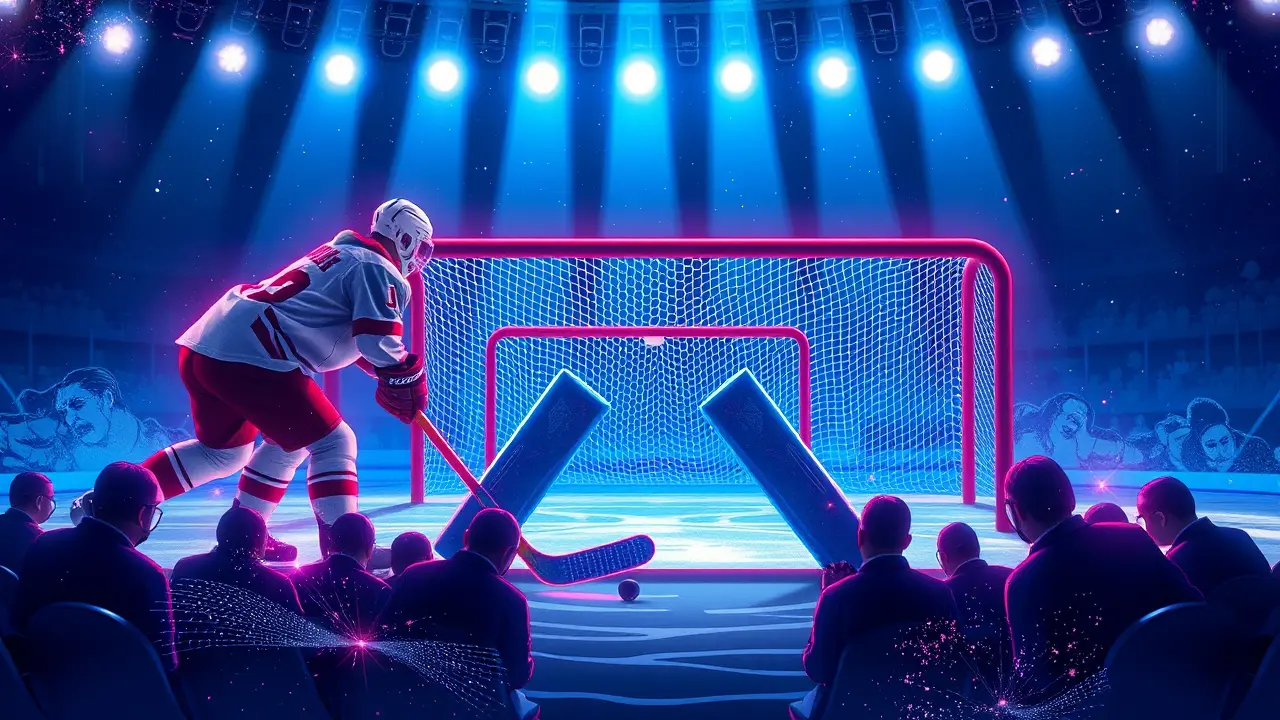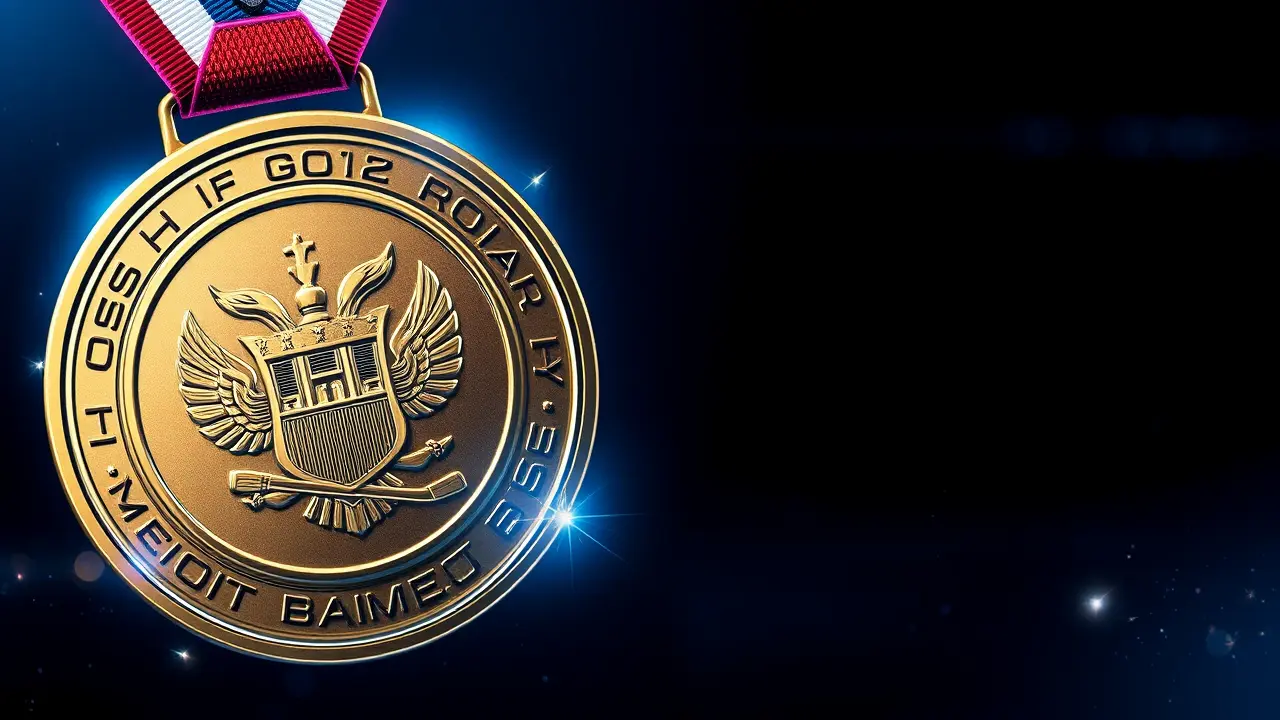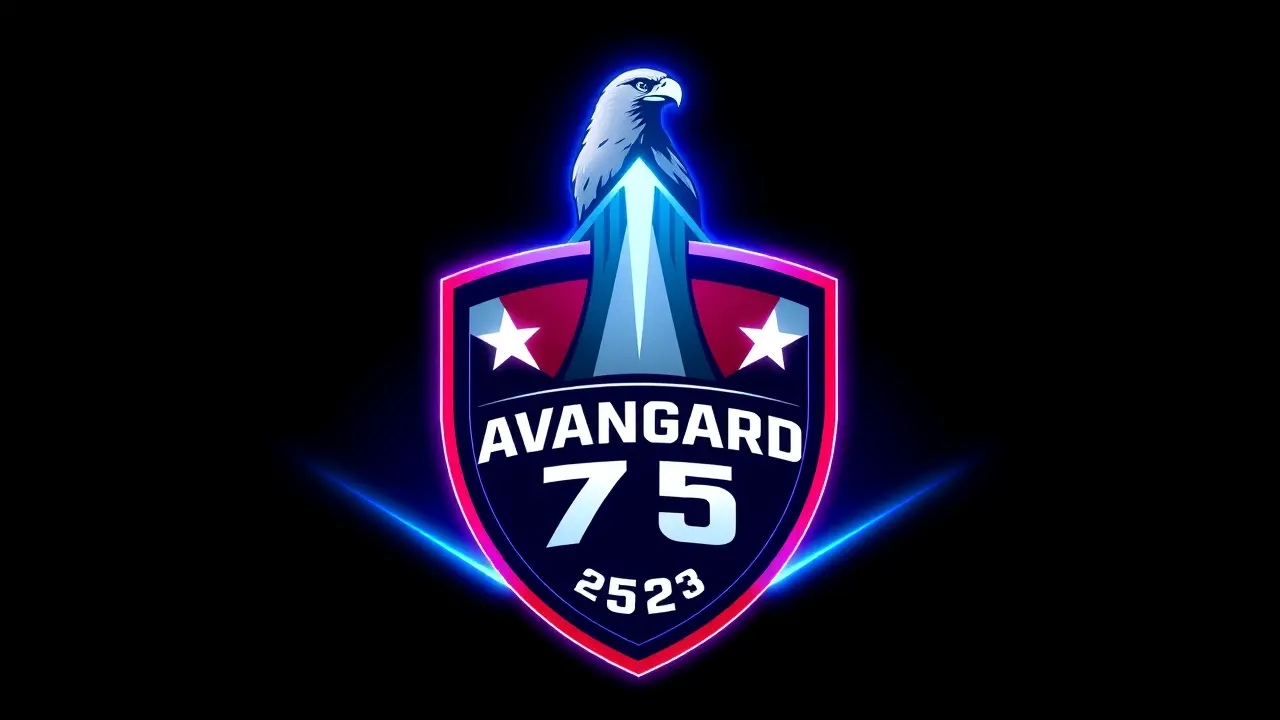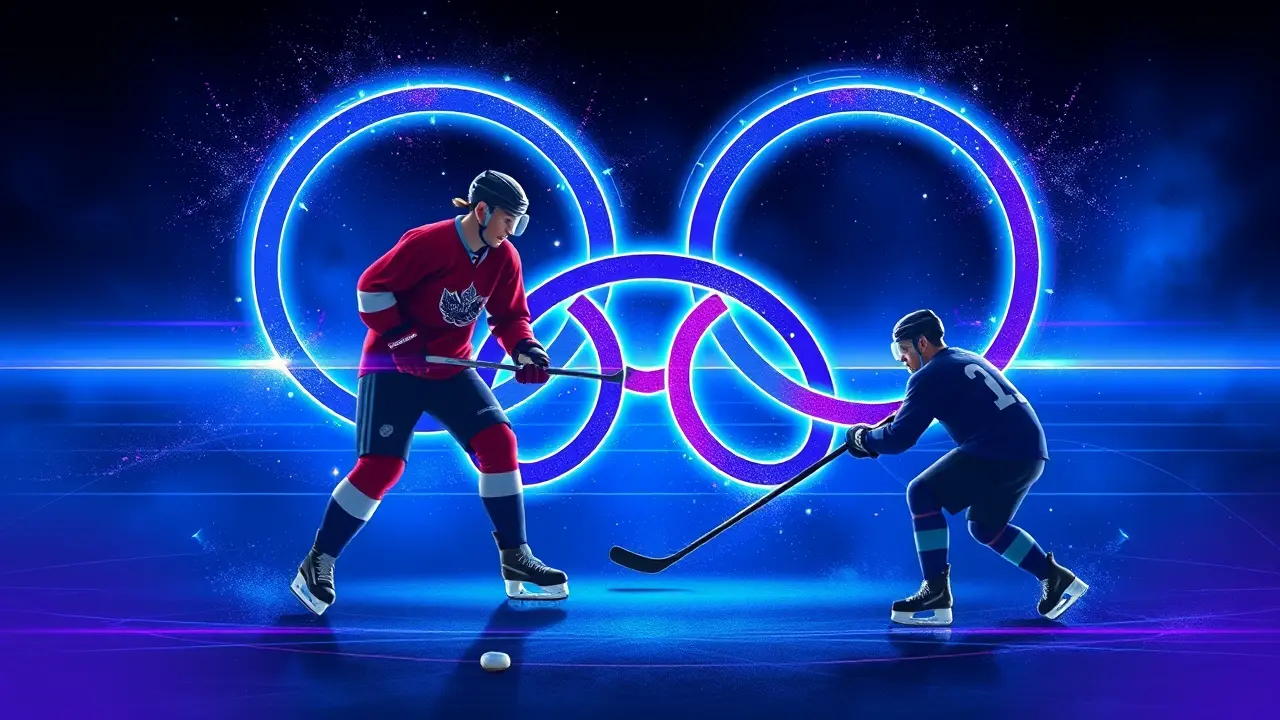
SporthockeyOlympic Hockey
Rotenberg: Russian coaches to study innovations at 2026 Olympics.
JA
Jack Turner
20 hours ago7 min read3 comments
In a move that underscores both defiance and a pragmatic acceptance of their current sporting exile, Roman Rotenberg, head coach of the 'Russia 25' national team, has declared that Russian hockey coaches will be scrutinizing the 2026 Olympic Games in Italy as a critical educational exercise, a development that feels less like a simple training update and more like a strategic gambit in a high-stakes geopolitical game. Since the widespread ban on Russian international sporting participation in 2022, following the nation's invasion of Ukraine, the country's athletic apparatus has been forced into a state of introspection and shadow preparation, creating a scenario not unlike a legendary footballer like Lionel Messi training alone during a suspension, honing his skills in solitude only to return to the pitch with a newfound ferocity and a deeper understanding of the game's evolving mechanics.Rotenberg's statement, delivered with the focused intensity of a coach analyzing game tape, reveals a federation in survival mode: 'Coaches and managers are always obligated to watch matches, study innovations, and develop. We have been collecting training exercises from all over the world,' he asserted, a clear indication that despite being barred from the ice, the Russian hockey brain trust is engaged in a global intelligence-gathering operation, dissecting every shift change, power-play formation, and defensive zone coverage from afar.This approach, while born of necessity, could paradoxically create a more analytically advanced and unified Russian program, one that isn't diluted by the constant travel and club commitments of a typical international season, allowing for a concentrated, almost monastic focus on system building and player development within their domestic leagues. The plan to monitor the Milan-Cortina Olympics 'within the framework of the educational process' is a masterclass in turning a sanction into a seminar, transforming a period of isolation into a prolonged training camp where the entire world's best players become involuntary tutors, their strategies and innovations meticulously recorded and reverse-engineered for a future, inevitable return.One cannot help but draw parallels to the Soviet hockey dynasty of the past, which often operated with a similar sense of insular purpose and analytical rigor, studying North American styles to ultimately dominate international competitions for decades; Rotenberg's modern-day version, however, is forced to do this from the digital sidelines, a ghost at the feast of global sport. The long-term consequences are profound; when Russia does eventually reintegrate into international hockey, whether for the 2026 Games should a miraculous political shift occur or more likely for the 2030 cycle, they could return not as a rusty relic but as a hyper-prepared, tactically evolved juggernaut, having spent years studying their opponents' every weakness without the pressure of immediate competition.This scenario presents a complex challenge for bodies like the IIHF and IOC, as the very sanctions designed to penalize may inadvertently be fostering a more formidable and self-reliant opponent, one that has been given the time and motivation to rebuild its entire system from the ground up. For the players on the 'Russia 25' squad, this period is a double-edged sword—they are denied the pinnacle of athletic achievement, the Olympic stage, yet they are being molded within a system of intense, singular focus, potentially creating a team with a chip on its shoulder and a level of cohesion rarely seen in international sports. In the end, Rotenberg's announcement is far more than a simple note on coaching development; it is a declaration of a long-game strategy, a signal that Russian hockey is playing chess while others are playing checkers, patiently waiting for the moment to re-enter the arena, not just to compete, but to demonstrate the results of their forced, yet fiercely determined, evolution.
#hockey
#Russia
#Olympics
#coaches
#development
#featured
Stay Informed. Act Smarter.
Get weekly highlights, major headlines, and expert insights — then put your knowledge to work in our live prediction markets.
Related News
© 2025 Outpoll Service LTD. All rights reserved.

